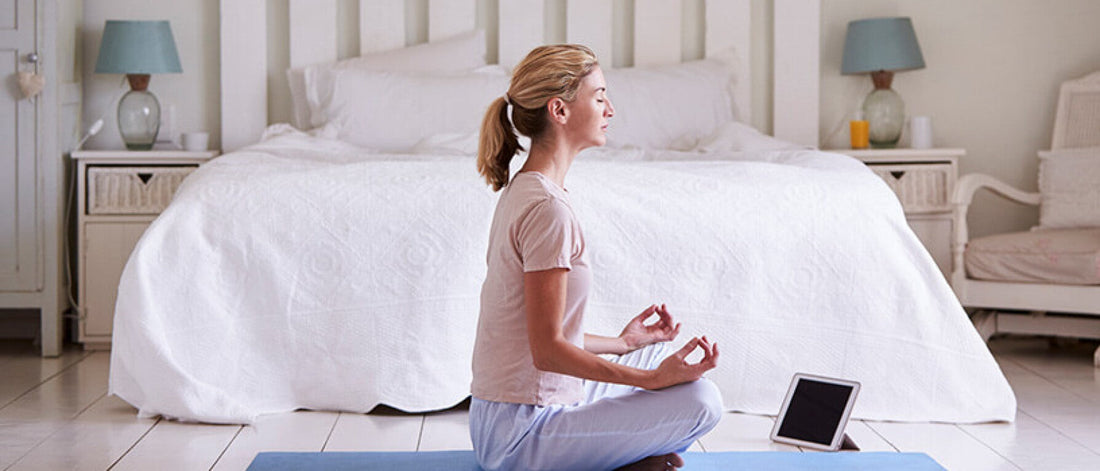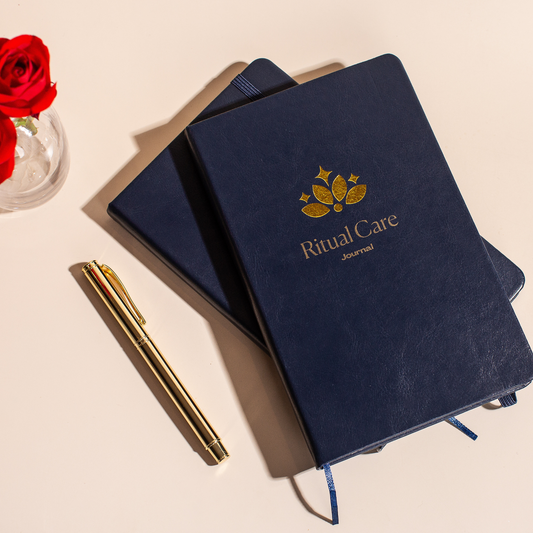Are you having trouble sticking to your meditation practice? Perhaps you have every intention of meditating, but you run out of time each day. Or maybe you get flooded with texts and emails before the day officially gets started, so you skip your practice to get a head start. Perhaps you flat out don’t like meditating.
There are many reasons you may be avoiding the cushion, and you’re certainly not the only one who struggles to develop a meditation habit. The following are eight tips to start a consistent practice.
If a morning practice doesn’t jive with you, meditating right after work or directly before bedtime may suit you best. Experiment with different times of day, and see which one works best for you.
There are several ways you can reward yourself for a job well done. What if you start the teakettle before you begin your practice and enjoy a hot cup of tea as soon as your practice is over? If you prefer coffee, you can set the coffee pot to brew while you’re practicing.
After you meditate, you can mindfully savor whatever reward awaits you.
Another pillar of self-compassion is self-kindness. Don’t beat yourself up for missing a day or two—or six. Being hard on yourself won’t inspire you to get back on the cushion, but encouragement may. See if you can practice speaking to yourself in the same gentle and uplifting manner in which you would speak to your dear friends.
You may not notice benefits of your meditation practice right away, but research indicates that a regular practice can strengthen your immune system, decrease anxiety and depression, and more.
Consider this process an experiment. See if you can observe, with curiosity, what works and what doesn’t work. By using these simple techniques, you will get into the groove of a daily meditation practice sooner rather than later.
Ready to start flowing with the universe, instead of against it? Learn a natural, effortless style of meditation that will help you to live a more fulfilled life with our introductory online meditation course, Basics of Meditation, guided by Deepak Chopra. Learn More.
There are many reasons you may be avoiding the cushion, and you’re certainly not the only one who struggles to develop a meditation habit. The following are eight tips to start a consistent practice.
1. Meditate at the Same Time Every Day
Find a time and stick to it. Oftentimes, the morning is the best time to knock out your practice. Melissa Eisler, Certified Primordial Sound Instructor and author of The Type A’s Guide to Mindfulness, explains why morning is the best time to meditate, “When you meditate first thing in the morning, nothing can get in the way of your meditation. Don’t check your phone or email and don’t start a conversation with your spouse or kids. Plan your wake-up time to be before life calls you to start the day, so you can get up and meditate.”If a morning practice doesn’t jive with you, meditating right after work or directly before bedtime may suit you best. Experiment with different times of day, and see which one works best for you.
2. Find an Accountability Buddy
A good trick for beginning this habit is to select an accountability buddy. Pair up with another meditation student and text each other after each meditation. You are likely to meditate more frequently because of your buddy. Hearing from your buddy each day reminds you to make meditation a priority.3. Make It Inviting
Have you tried to create a meditation space that begs you to sit and stay a while?- You can start by finding a cushion or meditation bench that is easy on your body. If you’re physically uncomfortable each time you meditate, you won’t want to keep it up.
- Next seek out your favorite soft shawl or blanket. Each time you sit, tune into your sense of touch to notice the smooth and soothing blanket.
- Finally, it makes sense to add scents. You can place an oil diffuser nearby and add an essential oil to suit your mood. Lavender and lemongrass are common go-to oils for a meditation practice; lavender calms you down and the lemongrass invigorates you. You can also burn your favorite incense.
4. Reward Yourself
It’s common to offer incentives as a way to motivate others, whether it’s M&M’s for potty-training children or treats for dogs who are learning to sit. What if you offer yourself a treat after each meditation?There are several ways you can reward yourself for a job well done. What if you start the teakettle before you begin your practice and enjoy a hot cup of tea as soon as your practice is over? If you prefer coffee, you can set the coffee pot to brew while you’re practicing.
After you meditate, you can mindfully savor whatever reward awaits you.
5. Keep It Short
If you don’t have time to meditate each morning for 20 minutes, try 10 or even five! Research indicates that consistency is what matters when you’re trying to develop a habit.6. Exercise Self-Compassion
According to self-compassion researcher Kristin Neff, one of the key components of self-compassion is common humanity. What does that mean? It means you’re living a human life like everyone else, and you’ll make mistakes like everyone else.Another pillar of self-compassion is self-kindness. Don’t beat yourself up for missing a day or two—or six. Being hard on yourself won’t inspire you to get back on the cushion, but encouragement may. See if you can practice speaking to yourself in the same gentle and uplifting manner in which you would speak to your dear friends.
7. Remember the “Why”
It’s easier to stick to a new habit when you can tie it to one of your values. For example, perhaps family is something you value. If you can remember that meditation may make you a less impatient parent, it might be easier to stick to the practice.8. Patience
Rome wasn’t built in a day, right? You wouldn’t expect immediate results when you start eating healthier foods or begin exercising. The same rings true for your meditation practice—be patient.You may not notice benefits of your meditation practice right away, but research indicates that a regular practice can strengthen your immune system, decrease anxiety and depression, and more.
Consider this process an experiment. See if you can observe, with curiosity, what works and what doesn’t work. By using these simple techniques, you will get into the groove of a daily meditation practice sooner rather than later.
Ready to start flowing with the universe, instead of against it? Learn a natural, effortless style of meditation that will help you to live a more fulfilled life with our introductory online meditation course, Basics of Meditation, guided by Deepak Chopra. Learn More.






















